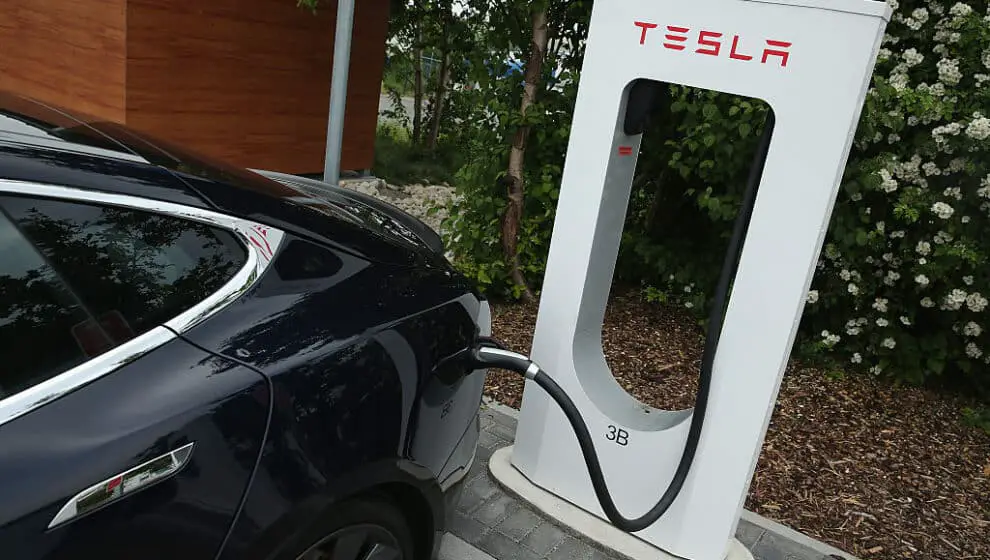More than half of U.S. car sales are expected to be electric vehicles by the end of the decade.
Key Details
- It is forecast that more than half of passenger cars sold in the U.S. will be EVs by 2030, according to a report from BloombergNEF.
- With the new Inflation Reduction Act kickstarting and putting money into EVs, it is expected that the market will soar in the upcoming years.
- The new climate bill is investing millions into electric vehicles by building charging stations nationwide and offering a tax credit of $7,500 when one is purchased.
- Demand is already on the rise for EVs, but with these new incentives the numbers are expected to shoot up quickly.
Why it’s news
Demand for electric vehicles has been steadily rising, more than half of car buyers worldwide want an EV. The number of people wanting EVs has hit a worldwide tipping point.
The latest EY Mobility Consumer Index shows that 52% of people looking to buy a car want to buy an EV. This is the first time the number has exceeded 50%, representing a rise of 11 percentage points since last year.
The incentives brought on by the Inflation Reduction Act have made the predicted number go up. Before the act was passed predictions for EV sales by 2030 came in at 43% of the U.S. market, now it sits at 52%.
Last year, President Biden set a goal for half of all vehicles sold in the U.S. to be emissions-free by 2030, and now the U.S. is on track to hit that goal.
Incentives
As stated, the Inflation Reduction Act came with incentives for customers to purchase EVs like the $7,500 tax credit.
The tax credit has a few conditions. In order to receive the credit, the EV must have been assembled in the U.S., which seems like a small feat, but most batteries for EVs are made in other countries.
Car makers jumped on this quick securing locations in the U.S. to make factories to construct EV batteries. Not only does this benefit car buyers for getting money, but it benefits the U.S. as a whole so the country is no longer reliant on others for car batteries.
Tesla, GM, and Ford are three major car manufacturers who jumped on quick to secure American battery plants.
The battery production being shifted to the U.S. will also make EV prices decline as materials aren’t having to be sourced outside of the country.“In the next year or so, there shouldn’t be too much of a difference [in sales],” said BloombergNEF electric car analyst Corey Cantor. “Later in the decade, we expect not only the EV tax credit but the battery production tax credit to drive a steeper decline in EV costs.”

